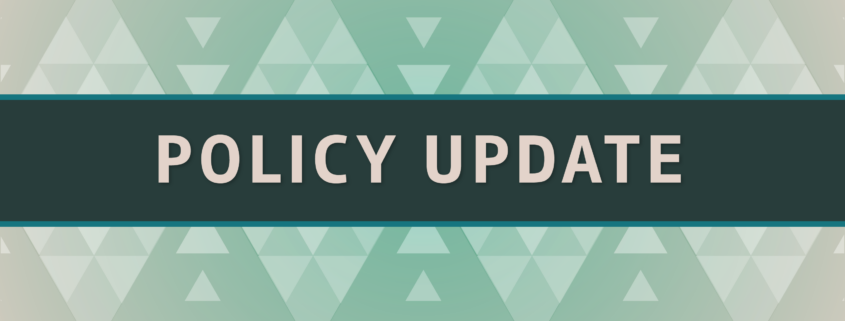FINAL REPORT: Urban Indian Health at Risk – Federal Funding Disruptions Threaten Critical Services
Today, February 12, 2025, we are providing an update on the National Council of Urban Indian Health (NCUIH) report regarding the potential impact of federal funding disruptions on Urban Indian Organizations (UIOs) funded by the Indian Health Service (IHS). The final report, released on February 11, 2025, builds upon the preliminary findings from February 3, 2025, offering a more comprehensive view of the challenges facing UIOs.
Background
Urban Indian Organizations were established in response to severe health, education, employment, and housing problems caused by federal forced relocation policies. Congress formally incorporated UIOs into the Indian Health System in 1976 with the passage of the Indian Health Care Improvement Act (IHCIA). Today, 41 UIOs operate over 85 facilities in 38 urban areas, serving patients from more than 500 federally recognized Tribes. These organizations provide crucial primary care, behavioral health, traditional medicine, and social services to American Indians and Alaska Natives living in urban areas.
Key Changes from February 3 to February 11 Report
Survey Participation
The final report reflects increased participation from UIOs. While the preliminary report on February 3 included responses from thirteen (13) of the forty-one (41) UIOs, the February 11 report incorporates data from twenty (20) UIOs.
Workforce Instability
The data on potential staff reductions has been refined:
- February 3 report: 23.1% of UIOs definitely will need to furlough or lay off staff.
- February 11 report: 25% of UIOs definitely will need to furlough or lay off staff.
Additionally, the percentage of UIOs indicating potential for staff reductions increased:
- February 3 report: 38.5% indicate potential for staff reductions.
- February 11 report: 45% indicate potential for staff reductions.
These changes suggest a slightly more severe outlook for workforce stability among UIOs.
Consistent Findings
Several key findings remain consistent between the two reports:
- Operational Sustainability: Over half of UIOs would not be able to sustain operations beyond six months without federal funding.
- Service Discontinuation: Over half of UIOs anticipate discontinuing critical services if federal funding disruptions persist. The potentially affected services remain the same, including primary care, behavioral health services, substance abuse treatment, community wellness initiatives, health programs, and cultural and youth programming.
- Immediate Impact: Some UIOs can only sustain operations for 30 days or less without federal funds.
Implications and Call to Action
The final report reinforces the critical nature of federal funding for UIOs and the potential far-reaching consequences of funding disruptions on urban American Indian and Alaska Native populations. The increased survey participation provides a more comprehensive picture of the challenges facing UIOs, while the slight increase in potential workforce instability underscores the urgency of addressing these funding concerns.
As we release this updated information based on the final NCUIH report, we continue to urge policymakers, healthcare leaders, and advocates to recognize the vital role of UIOs in the Indian health system and take immediate action to ensure their continued operation and funding stability. The health and well-being of urban Native communities depend on the uninterrupted services provided by these organizations.
Additional Information
February 3, 2025 – REPORT: Urban Indian Health at Risk – Federal Funding Disruptions Threaten Critical Services
February 4, 2025 – Action Alert: Contact Congress to Protect Indian Health System Funding




